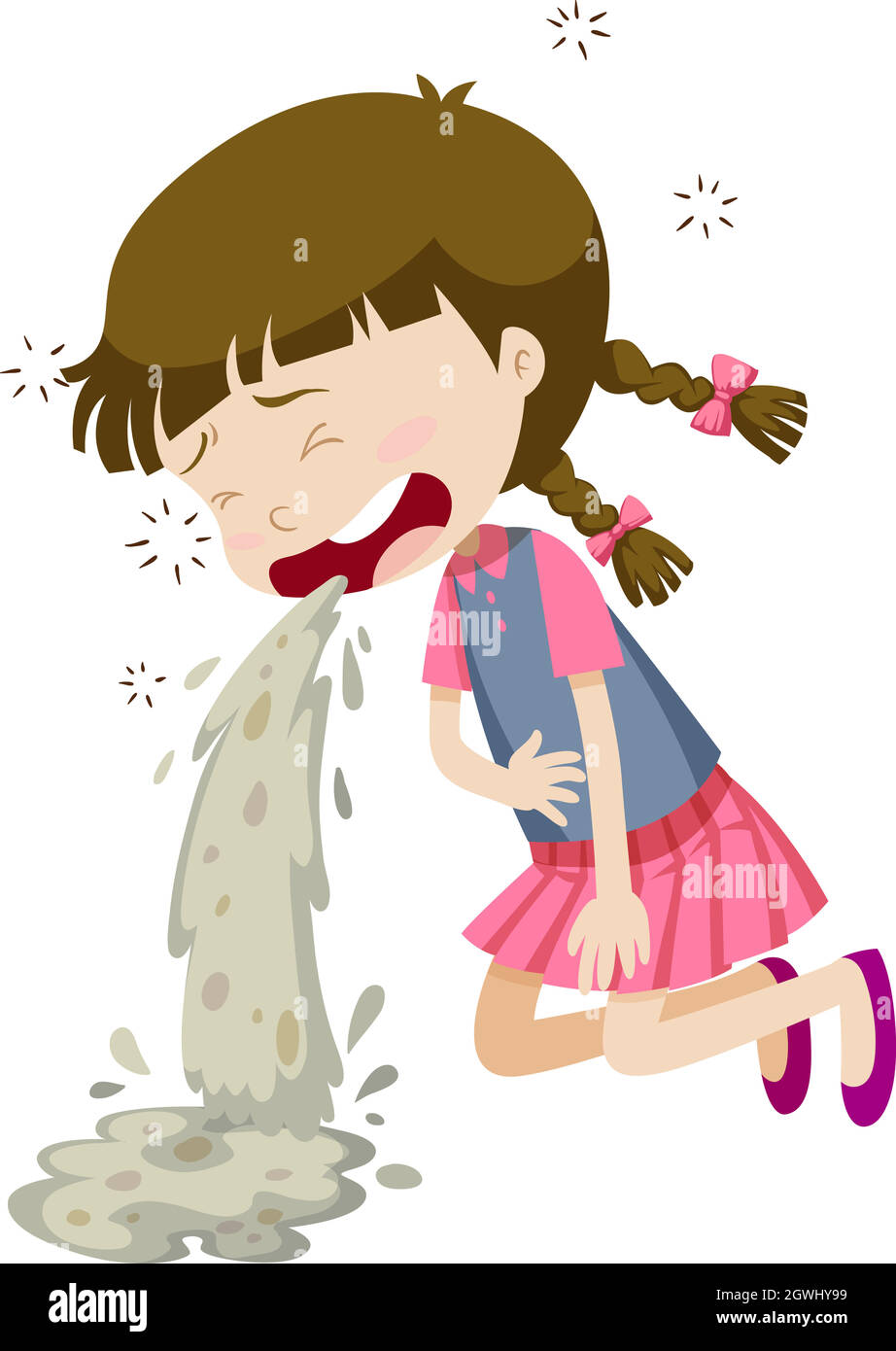Batter Links: Your Gateway to Trending News
Stay updated with the latest trends and insights from around the world.
When Dinner Turns Deadly: Tales of Food Poisoning Fiascos
Dive into gripping stories of culinary chaos and food poisoning nightmares that will make you think twice about your next meal!
The Hidden Dangers of Your Kitchen: Preventing Food Poisoning
The kitchen, often considered the heart of the home, can also be a breeding ground for food poisoning if proper precautions aren’t taken. One of the hidden dangers lies in cross-contamination, which occurs when bacteria from raw foods, particularly meats, transfer to ready-to-eat items. To prevent this, it’s essential to implement a strict cleaning regimen. Use separate cutting boards for raw meats and vegetables, and always wash your hands thoroughly with soap and hot water before and after handling food. Additionally, ensure that kitchen surfaces and utensils are sanitized regularly.
Another overlooked aspect is the temperature control of perishables. Foods must be stored at safe temperatures to prevent the growth of harmful bacteria. The U.S. Food and Drug Administration suggests keeping your refrigerator below 40°F (4°C) and your freezer at 0°F (-18°C). Use a food thermometer to check that cooked foods reach an internal temperature of at least 165°F (74°C). Remember to pay attention to expiration dates and properly dispose of expired items to further protect your family from the risks associated with food poisoning.

Top 10 Most Common Foods That Cause Food Poisoning
Food poisoning is a serious health concern that affects millions of people each year. Understanding the most common foods that can harbor harmful bacteria is crucial for prevention. Here are the top 10 most common foods that cause food poisoning:
- Raw or undercooked eggs
- Raw meats and poultry
- Unpasteurized milk and dairy products
- Shellfish and seafood
- Raw fruits and vegetables
- Processed meats
- Sprouts
- Cooked rice and pasta
- Ready-to-eat foods
- Contaminated water
Taking proper precautions when handling and preparing these foods can significantly reduce the risk of foodborne illnesses. Always ensure proper cooking techniques and hygiene practices to protect yourself and your loved ones.
What Are the Symptoms of Food Poisoning and When to Seek Help?
Food poisoning can manifest through a variety of symptoms, which may range from mild to severe. Common signs include nausea, vomiting, diarrhea, abdominal cramps, and sometimes fever. Symptoms typically begin within hours of consuming contaminated food or may take days to appear, depending on the type of bacteria or virus involved. If you experience severe symptoms, such as persistent vomiting, signs of dehydration (like dry mouth and dizziness), or a high fever, it is crucial to seek medical attention immediately.
In some instances, food poisoning can lead to serious health complications, so knowing when to seek help is essential. If symptoms last longer than three days or if you have a compromised immune system, it is advisable to reach out to a healthcare provider. Additionally, if you notice blood in your stool or have severe abdominal pain, do not hesitate to contact a medical professional. Always prioritize your health and consult a doctor when in doubt about your symptoms.